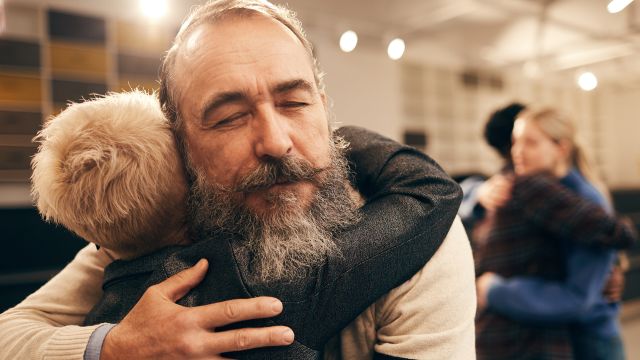The bladder is a balloon-like organ, located in the pelvic region, where urine collects so that it can be expelled from the body. Bladder cancer is cancer that begins in this organ, and is one of the most common types of cancer—there are an estimated 80,000 new cases diagnosed in the United States in a given year, and many more worldwide.
If you or a loved one has been diagnosed with bladder cancer, know that you are not alone. There are a number of resources available that can help you learn more about the diagnosis, get the support you need, and help cover the financial cost of treatment.
Below are four resources for patients with bladder cancer and caregivers.
Bladder Cancer Advocacy Network (BCAN)
BCAN is a national advocacy organization focused on patient support, education, personalized therapy, and awareness about bladder cancer. Their website provides information for patients at all points in the bladder cancer journey, from the newly diagnosed, to those who are adjusting to life after having their bladder surgically removed, to those seeking to take part in a clinical trial. The site also includes an online support community as well as information about finding an in-person support group.
American Cancer Society
The American Cancer Society is an excellent source for patient education about all types of cancer. The section of their site dedicated to bladder cancer is a perfect starting point for any question, with pages about staging and diagnosis, the different treatment options for bladder cancer, and what to expect after treatment.
CancerCare
CancerCare provides counseling services by phone with oncology social workers who can provide information and support. The website also has a section for financial assistance programs, which may be useful to anyone concerned about the cost of cancer treatment. There are also online support groups and community programs that meet in-person in New York, New Jersey and Connecticut.
United Ostomy Associations of America (UOAA)
Treatment for advanced bladder cancer sometimes involves the surgical removal of the bladder. When the bladder is removed, reconstructive surgery is used to create a new way for urine to leave the body. This is called an ostomy. For many, an ostomy is a major physical and mental adjustment. UOAA is a non-profit organization dedicated to improving the quality of life for people with ostomies. Their site includes information to help people address concerns about self-esteem, self-care, and relationships. There is also a nutrition guide, an online forum for questions, and a support group finder.
Talk to your healthcare team
Remember, if you have a question related to you or your loved one’s diagnosis, you can always talk to your healthcare team. Many hospitals and cancer care centers employ social workers who can provide counseling and practical advice, including information about local services and support groups.



